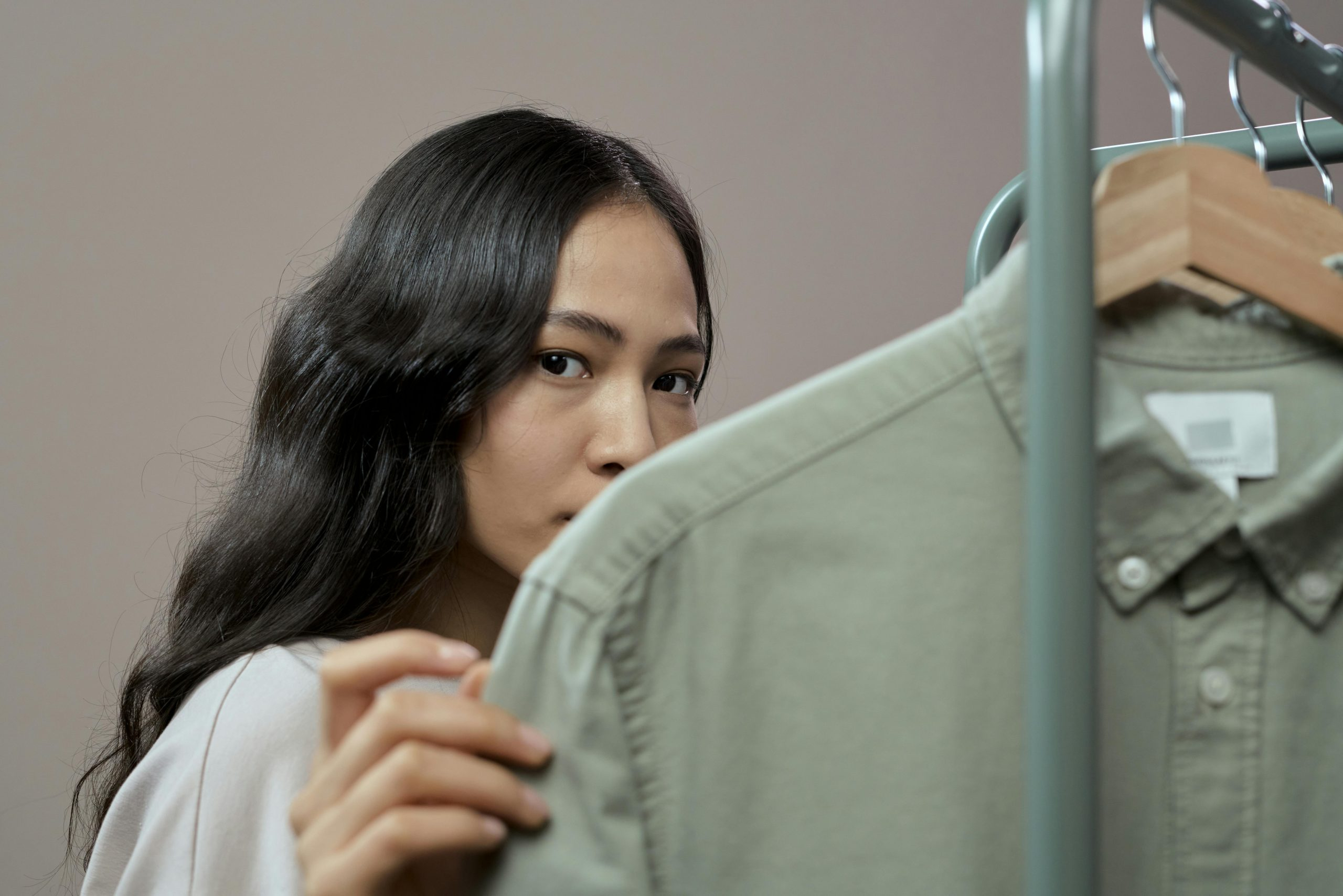The Evolution of Beauty Retail: From Department Stores to Specialty Shops
The beauty retail industry has come a long way in the past few decades, evolving significantly to meet the changing demands and preferences of consumers. The traditional concept of buying beauty products from department stores has now shifted to a more specialized approach, with the rise of specialty shops. This transformation can be attributed to various factors such as the increasing demand for personalized shopping experiences, the boom of e-commerce, and the rise of social media influencers. Let’s take a closer look at the evolution of beauty retail, from department stores to specialty shops.
The Department Store Dynasty
For many years, department stores were the go-to destination for all things beauty. These large, multi-level retail spaces offered a wide range of beauty products from different brands, making it a convenient one-stop-shop for consumers. The beauty section of a department store was a bustling hub, with makeup artists, skincare experts, and fragrance consultants ready to offer their expert advice to customers.
Shopping at department stores was a completely different experience back then, with glamorous beauty counters and luxurious packaging that added to the excitement of buying beauty products. Exclusive deals and discounts were also a major draw for customers, making it a popular choice for bargain hunters.
The Shift Towards Specialization
In the recent years, there has been a major shift in consumer preferences, with a growing emphasis on seeking out unique, personalized experiences. This has led to the rise of specialty beauty shops, offering a more curated and focused selection of products and services.
Specialty shops offer a highly specialized shopping experience, with a narrowed down selection of products that cater specifically to a certain demographic or target audience. For example, there are now specialty shops that solely focus on organic and natural beauty products, while others cater to the needs of a specific ethnic group.
Customers are drawn to these specialty shops because they offer something unique and different from what is available in department stores. These shops also tend to offer excellent customer service, with knowledgeable staff who are well-versed in the products they carry.
The Influence of E-Commerce and Social Media
The rise of e-commerce has also played a significant role in the evolution of beauty retail. With the convenience of online shopping, consumers now have access to a wider range of products and can easily compare prices and reviews before making a purchase.
Additionally, the popularity of social media has had a huge impact on the beauty industry. Social media influencers and bloggers have become powerful voices, with a large following that can significantly influence consumer buying behavior. The rise of beauty influencers has also given rise to new specialized beauty shops, with collaborations between influencers and brands creating exclusive product lines.
The Future of Beauty Retail
The beauty retail industry is constantly evolving, and it’s safe to say that the future of beauty retail will continue to be heavily influenced by technological advancements and changing consumer preferences. E-commerce will continue to play a major role, with an increasing number of consumers opting to shop online.
Specialty shops will continue to thrive, catering to the diverse needs and preferences of consumers. The rise of clean, sustainable, and inclusive beauty will also shape the future of beauty retail, with more specialty shops focusing on these areas.
In conclusion, it’s evident that the drastic transformation of the beauty retail industry has led to a more personalized, customer-centric approach. From the department store dynasty to the rise of specialized beauty shops, the evolution of beauty retail is a reflection of the changing demands and preferences of consumers. With technology and innovation constantly pushing the boundaries, we can only wait and see what the future holds for the beauty retail industry.











